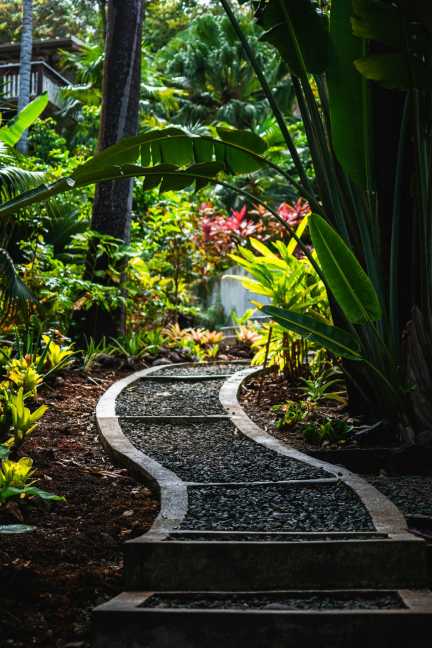Composting is a simple and effective way to reduce waste, improve soil health, and contribute to a more sustainable environment. By turning organic waste into nutrient-rich soil, composting not only helps divert waste from landfills but also provides a natural and valuable resource for gardening and landscaping.
There are numerous benefits to composting, both for the environment and for individual households. One of the primary advantages of composting is its ability to reduce waste. Organic materials such as food scraps, yard trimmings, and coffee grounds make up a significant portion of the waste generated by households. By composting these materials instead of sending them to the landfill, we can significantly reduce the amount of waste that ends up in our landfills, ultimately reducing the environmental impact of our waste disposal practices.
Composting also helps to reduce greenhouse gas emissions. When organic materials break down in a landfill without access to oxygen, they release methane gas, a potent greenhouse gas that contributes to climate change. By composting organic materials instead, we can help reduce the amount of methane released into the atmosphere, thereby mitigating our impact on climate change.
In addition to its environmental benefits, composting also has numerous advantages for soil health and plant growth. Compost is a valuable soil amendment that provides essential nutrients for plants, improves soil structure, and helps retain moisture in the soil. Using compost in garden beds, planters, and landscaping can help improve soil fertility, increase plant growth, and reduce the need for chemical fertilizers.
Getting started with composting is easy and requires minimal time and effort. There are several different methods of composting, depending on the space available, the amount of waste generated, and personal preferences. Here are a few simple steps to help you get started with composting at home:
1. Choose a compost bin or pile: The first step in starting a composting system is to choose a bin or pile to contain the compost materials. There are many different types of compost bins available, including pre-made bins, DIY bins made from recycled materials, and open-air compost piles. Choose a composting system that fits your space and needs, whether you have a small urban garden or a larger outdoor space.
2. Collect organic materials: Once you have chosen a composting system, you can start collecting organic materials to compost. Common compostable materials include fruit and vegetable scraps, eggshells, coffee grounds, tea bags, yard trimmings, and paper products such as newspaper and cardboard. Avoid adding meat, dairy, and oily or greasy foods to your compost pile, as these materials can attract pests and cause odors.
3. Layer organic materials: To create a successful compost pile, it is important to layer the organic materials properly. Alternate layers of green materials (such as fruit and vegetable scraps) with brown materials (such as dried leaves, straw, or shredded newspaper) to provide a balance of nitrogen and carbon in the compost pile. Aim for a ratio of about 2:1 brown to green materials to create a healthy compost pile.
4. Maintain the compost pile: To ensure the success of your composting efforts, it is important to regularly maintain and monitor the compost pile. Turn the compost pile regularly with a pitchfork or compost turner to aerate the materials and promote decomposition. Keep the compost pile moist but not wet, as this will help the microorganisms break down the organic materials. Monitor the temperature of the compost pile, as a temperature of 130-150 degrees Fahrenheit indicates that the compost is actively decomposing.
5. Harvest the compost: After several weeks to several months, depending on the size of the compost pile and the materials used, the compost will be ready to use in your garden or landscaping. The compost should be dark, crumbly, and earthy-smelling, indicating that it is fully decomposed and ready to use as a soil amendment. You can use the compost to top-dress garden beds, mix into potting soil, or fertilize plants in your garden or landscaping.
Composting is a simple and effective way to reduce waste, improve soil health, and contribute to a more sustainable environment. By diverting organic materials from landfills and turning them into nutrient-rich compost, we can reduce waste, reduce greenhouse gas emissions, and improve soil fertility. Getting started with composting is easy and requires minimal time and effort, making it a valuable practice for households and communities looking to reduce their environmental impact and create a more sustainable future.

